
There are a number of treatment methods being explored to treat glioblastoma.

There are a number of treatment methods being explored to treat glioblastoma.

For many with glioblastoma, there’s no clear path after standard therapy, but scientists are exploring an array of new options.
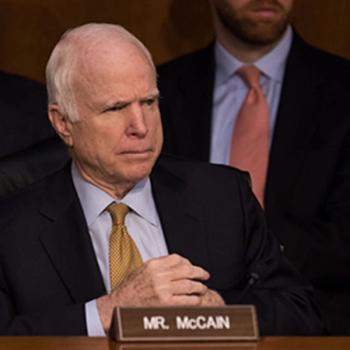
Senator John McCain was diagnosed with an aggressive glioblastoma after going to the Mayo Clinic for a routine exam.

A patient's diet may have a great impact on their brain cancer outcomes, according to a recent review.

Anne Llewellyn knows how to be a good nurse. For nearly 40 years, she took care of others in the Emergency Department and Respiratory Intensive Care. Her perspective of the health care industry changed a bit after she became the patient. Diagnosed with a central nervous system brain tumor in November 2014, Llewellyn had to become her own advocate, along with the help of her husband.

A recent study found that the level of family caregiver mastery may have an effect on the survival of patients with glioblastoma.
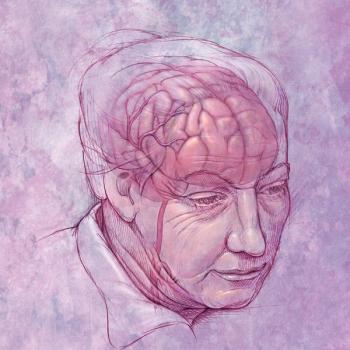
A drug combination is showing promise in mouse models and may lead to a new treatment option for patients with glioblastoma.
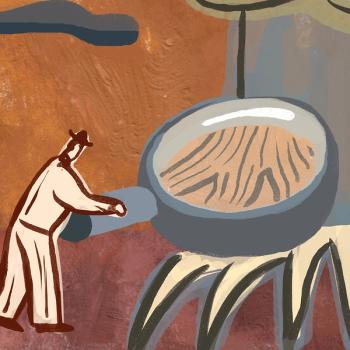
Experts from the Dana-Farber Cancer Institute discuss upcoming advances in the field of brain cancer treatment and research.
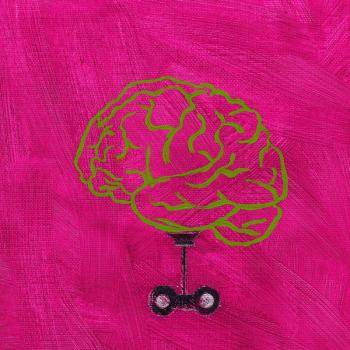
While other cancers seem to occur more frequently in people with high blood sugar, that is not the case for brain cancer, according to a recent study.

There are so many ideas of what it is to be strong, but what if strength lies in being honest, being vulnerable and being ourselves?
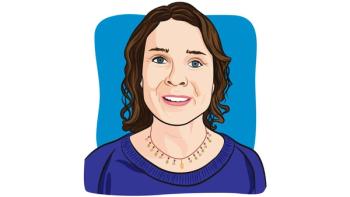
Learn about National Brain Tumor Awareness Month, featuring clear brain tumor facts and the need for brain tumor research, from a 19-year brain tumor survivor.
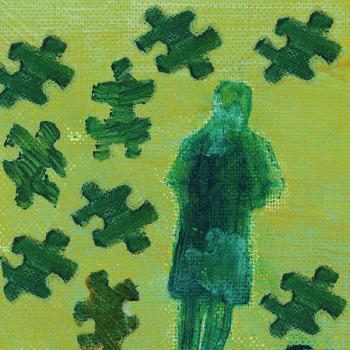
Glioblastomas are difficult to treat, but researchers are hopeful that clinical trials will lead to new developments.

Malignant tumors of the brain or spinal cord represent about 1 percent of all cancers. Michael Feuerstein, Ph.D., M.P.H., is among that small percentage.
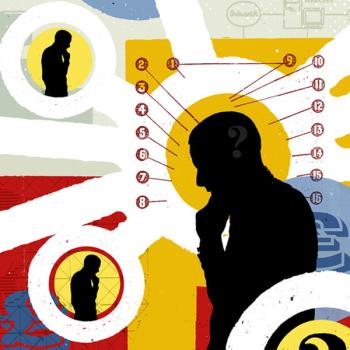
Patients with glioblastoma multiforme (GBM) saw a 37 percent reduced risk of death and increased overall survival (OS) when treated with tumor treating fields (TTFields), according to a landmark analysis of the findings from the EF-14 trial.

As researchers test new treatments for GBM, understanding the unique needs of patients with this diagnosis and their caregivers remains crucial.
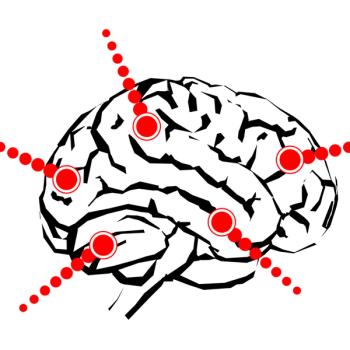
A recent study found that individuals who had the chickenpox virus when they were younger were less likely to eventually develop gliomas.

Former Vice President Joe Biden is launching a cancer nonprofit to tackle some of the hard-hitting issues patients with cancer face, such as high drug prices.

BethAnn Telford recently spent a week running a marathon a day on each of the seven continents to raise money and awareness for childhood cancers. This is after her own brain cancer diagnosis more than a decade ago.
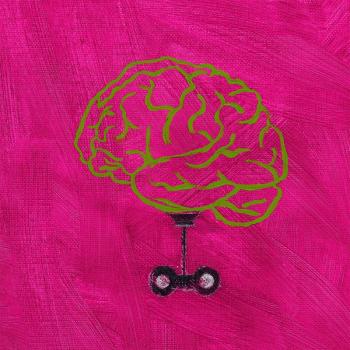
Though now used for patients with grade 4 brain tumors, tumor treating fields are being tested for use in grade 3 tumors.
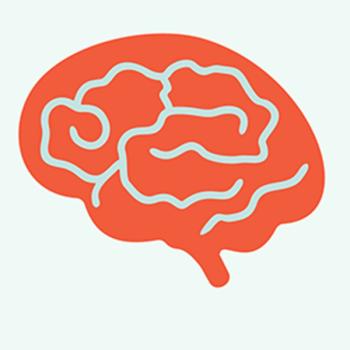
Genetics can help determine a patient's risk of developing a brain tumor, as well as what treatments may work.
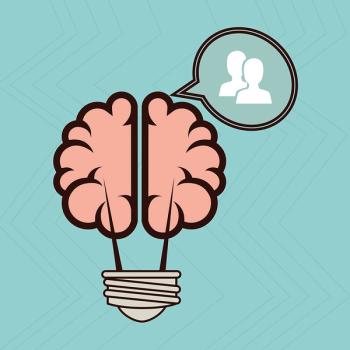
The World Health Organization (WHO) reclassified some types of brain cancers, giving a clearer outline on how to treat them.
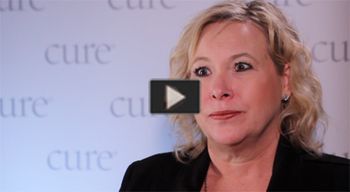
Dellann Elliott Mydland, founder and president of the EndBrainCancer Initiative and 2016 GBM Hero, discusses how miracles do happen in the world of glioblastoma multiforme (GBM), and people survive.

Fran Drescher, actress, author and 16-year cancer survivor, spoke at CURE's GBM Heroes event.

The combination of onartuzumab and Avastin (bevacizumab) showed no additional benefit for patients with glioblastoma, according to a recent study.
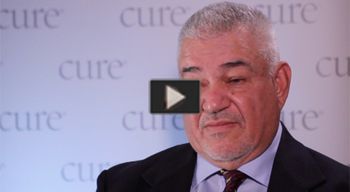
Gary Mervis, 2016 GBM Hero and founder of Camp Good Days and Special times, Inc., discusses the need for research in the field of glioblastoma multiforme (GBM).